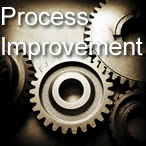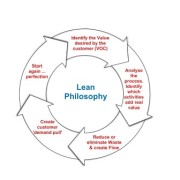Lean Finance – Continuous Improvement
After having in previous blogs highlighted the first two principles of Lean as they relate to the Finance function, Adding Value and Reducing Waste, let’s talk about the third and final principle of Lean: Continuous Improvement.
Broadly speaking, Lean projects need to commence with a Lean Analysis to assess the existing situation and determine the scope of the Lean Transformation project. From this, the Lean Transformation project can be further developed and implemented, focussing on opportunities to add value and reduce waste in order to optimise outcomes for the company (i.e. including the Fat Profits referred to in our book ‘Lean Business,Fat Profits’).
However Lean does not end when the Lean Transformation project is completed. Lean is a mindset, continually looking for incremental improvements.
Like all functions within a company, the Finance Department should regularly review its own processes in the context of Lean. Some good opportunities to do so are when there are changes such as: new staff, new systems, new equipment, new Managers, new products, company expansion and so on.
But the role of the Finance Department in respect of Lean should not be restricted to examination of its own processes.
The Finance function also needs to assist any Lean Transformation project as it is in a unique position to identify flaws and wastes in broader processes. As such, it has a central role to play in any Lean implementation by signalling issues & deficiencies and involving the other Departments in the resolution of these problems.
In addition, the internal reporting of the company will need to be adapted to support a Lean culture and this is definitively a responsibility of the Finance function. We all know the saying “what gets measured, gets done”, so the Finance function needs to be fully engaged in the definition and the implementation of the performance metrics that will track and support a lean organisation.
In conclusion, Lean is very relevant to the Finance function, on two levels: First in order to improve its own processes and second in adapting the internal reporting to support a Lean Transformation Project & the continuous improvement of the other functions of the company.















